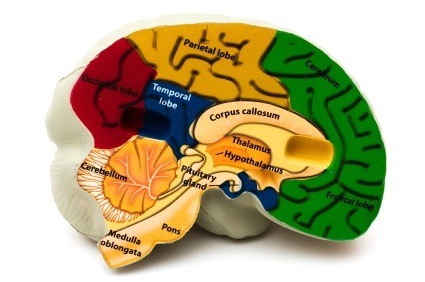Posts Tagged ‘test-your-brain’
Test your Short-Term Memory: How many letters can you memorize?
Memory is more complex that we usually think. Cognitive sciences have identified different memory systems, each supported by different brain regions. One major difference is between long-term and short-term memory (also called working memory). Long-term memory is an unlimited storage of memories dating as far back as you can remember to a few minutes ago.…
Read MoreTop 30 Brain Health and Fitness Articles of 2008
Here you have SharpBrains’ 30 most popular articles, ranked by the number of people who have read each article in 2008. Please note that, since the first article already includes most of our most popular brain teasers, we have excluded teasers from the rest of the ranking. (If those 50 are not enough for you, you…
Read MoreCognitive Ability: Brain Games or Drugs?
A recent scientific study is being welcomed as a landmark that shows how fluid intelligence can be improved through training. I interviewed one of the researchers recently (Can Intelligence Be Trained? Martin Buschkuehl shows how), and contributor Dr. Pascale Michelon adds her own take with the great article that follows. Enjoy! Reference: Jaeggi, S. M., Buschkuehl,…
Read MoreBrain Teasers and Games for the Brain: Test your Brain
Here are top 50 Brain Teasers that people have enjoyed the most in our blog and speaking engagements.
Read More
